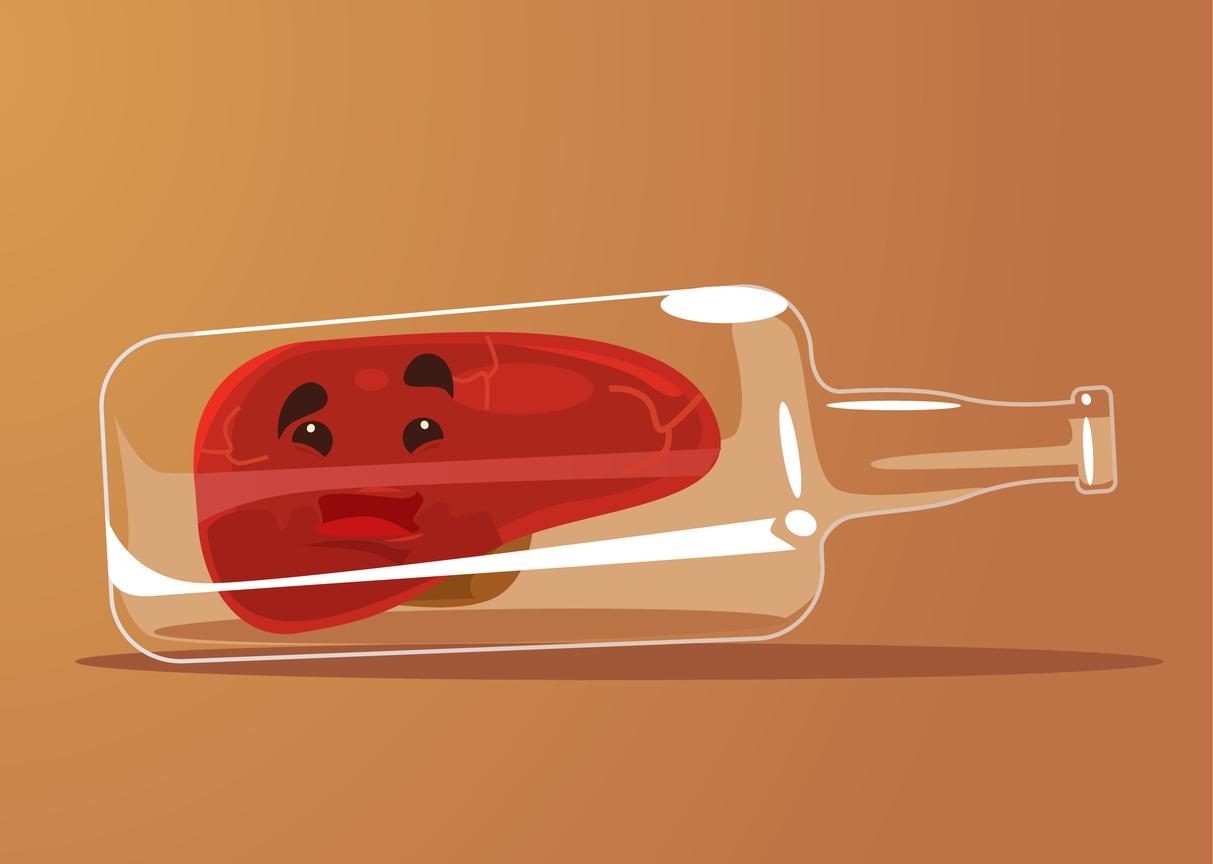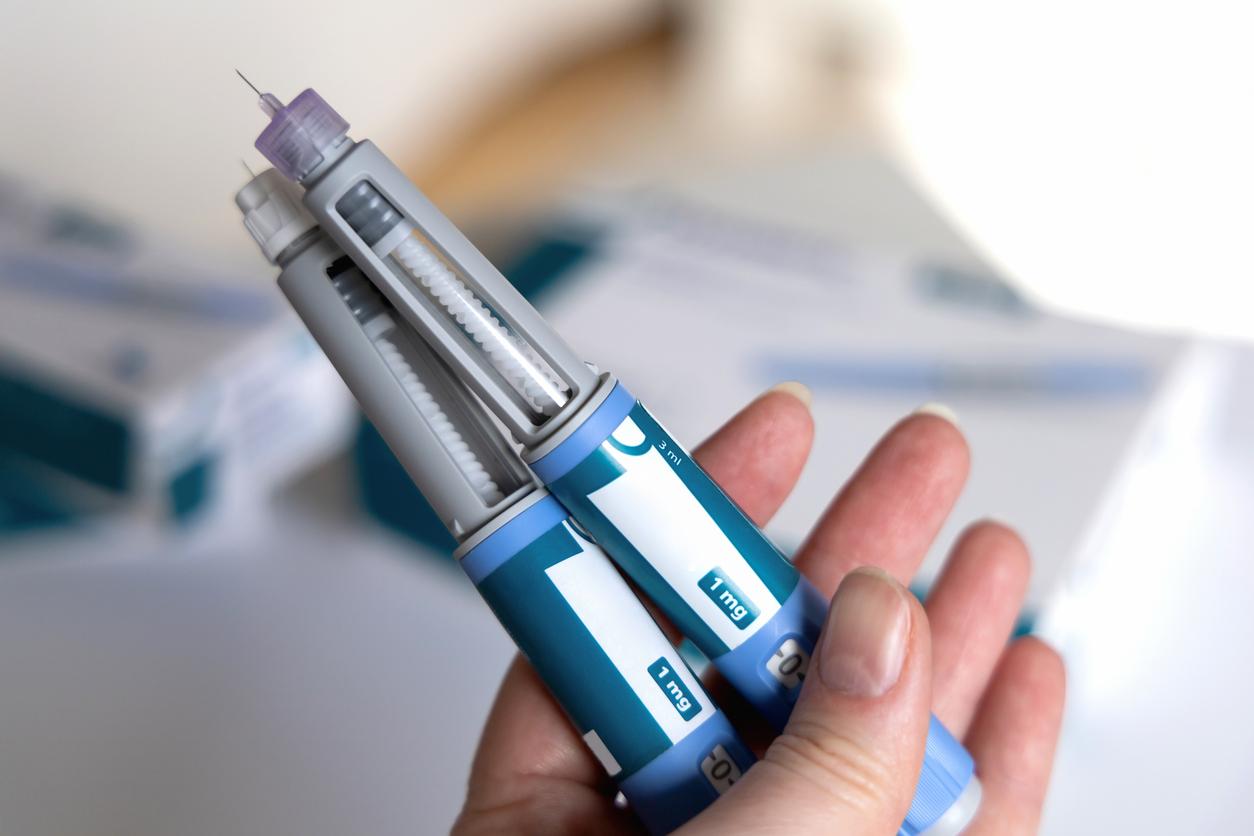
What is Diabetes?
The difference between type 1 and type 2
Diabetes is one of the largest public diseases in the Netherlands. Just think: the Netherlands has an estimated 1 million people with diabetes. Below you can read what diabetes is, how it develops and how you can discover whether you have diabetes yourself.
For many people, diabetes is better known as diabetes mellitus. Diabetes has everything to do with sugar, or more precisely with glucose, which comes from carbohydrates. Because if you have diabetes, there is too much glucose in his or her blood.
Insulin is important
You get glucose by eating and drinking. Your blood then transports that glucose to all your body cells and with the help of the substance insulin, the glucose can enter those body cells. This gives the cells the fuel they need.
This substance insulin is very important, because without insulin the glucose cannot enter the cells. Insulin opens the cells, as it were. People with diabetes make too little or even no insulin or have cells that are less sensitive to insulin. This means that the glucose cannot enter the cells sufficiently. As a result, the cells do not get enough fuel and your body therefore gets too little energy.
What types of diabetes are there?
The most well-known types of diabetes are type 1 diabetes and type 2 diabetes. There are other forms of diabetes, such as gestational diabetes, but type 1 and especially type 2 are by far the most common.
The Netherlands has an estimated 1 million people with diabetes. About 85-90 percent of them have type 2 diabetes. 250,000 people have diabetes, but do not know it themselves. (Source: Lookupdiabetes.nl)
Type 1
Type 1 diabetes is often referred to as juvenile diabetes because the disease usually develops before the age of 30. This form of diabetes is relatively rare.
A characteristic of type 1 diabetes is that the body (or more precisely: the pancreas) makes little or no insulin at all. The glucose therefore remains in the blood. If there is a lot of glucose in the blood for a long time, it can cause damage in the body. The cause of type 1 diabetes is unknown, and the only treatment is insulin injections.
Type 2
Type 2 diabetes has historically been common in people over the age of 40. It was therefore known as adult-onset diabetes. Today, the disease occurs in all ages, even children!
Two causes play a role in type 2 diabetes. First of all, the cells become less sensitive to insulin (insulin resistance), so that glucose can enter the cells less well.
Second, the islets of Langerhans in the pancreas produce less insulin and too much glucagon. The islets of Langerhans no longer function properly, as it were.
Due to both of the above processes, the glucose in your blood is no longer processed properly, causing your blood glucose to rise.
Who gets diabetes?
Anyone can get diabetes. But there are some (groups of) people who are more likely than others. If you are overweight, you are more likely to have diabetes.
Heredity also plays a role. If you are of Turkish, Moroccan or especially Hindustani descent, for example, you are more likely to have diabetes. You are also more likely to develop diabetes if you are older than 45 years.
How do you know if you have diabetes?
An important question is how to find out if you have diabetes. Knowing you have diabetes early can help prevent or delay potential complications (such as cardiovascular disease).
If you have type 1 diabetes, you may experience the following symptoms:
- Frequent thirst and frequent urination.
- Suddenly a lot of weight loss.
- Feeling sick and miserable.
- Constant hunger pangs.
- Blurred vision.
And if you have type 2 diabetes, you may experience the following symptoms:
- Frequent thirst and frequent urination.
- being tired.
- Have eye complaints, such as red and burning eyes, blurred vision, double vision or poor vision.
- Poorly healing wounds.
- Being short of breath or having leg pain when walking.
- Frequently recurring infection.
Type 2 diabetes is therefore by far the most common. But the complaints mentioned above are often only vaguely present in humans. Some even have no complaints at all. That’s why there are so many people who do have diabetes, but don’t know it. Are you in doubt? Always visit your doctor.
To find out how great your risk of diabetes is, you can take a free risk test at www.mediq-apotheek.nl/diabetes or www.kijkopdiabetes.nl.
|
€19.95 |








 Diabetic Retinopathy Care Book
Diabetic Retinopathy Care Book







